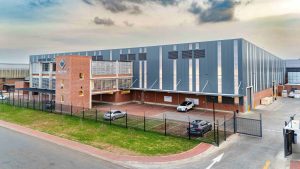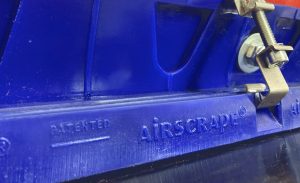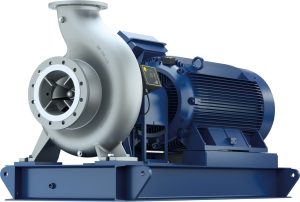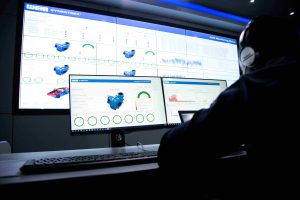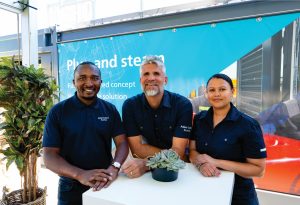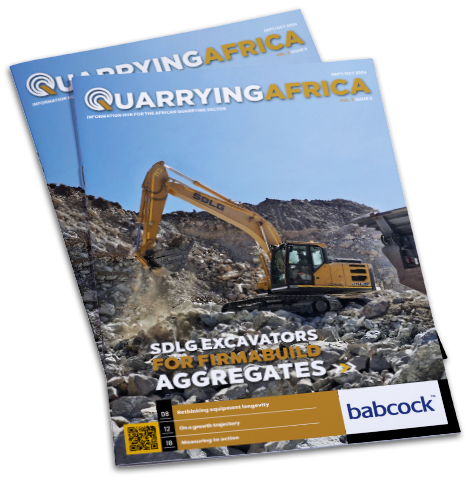JCB’S £100-million project to produce hydrogen engines has been given its international debut at CONEXPO 2023.
A team of 150 engineers is working on the pioneering initiative to develop hydrogen combustion engines – more than 50 prototypes have already been manufactured at JCB’s UK engine plant.
At CONEXPO, the wraps came off the brand-new JCB hydrogen combustion engine – the company’s zero-carbon emissions solution for construction and agricultural equipment.
JCB Chairman Anthony Bamford is leading the project to develop JCB’s hydrogen technology. Lord Bamford says: “The JCB engineering team has made enormous strides in a short space of time to develop a hydrogen internal combustion engine. As the first construction equipment company to develop a fully working combustion engine fuelled by hydrogen, I am delighted we are now able to present this technology on the international stage.”
Prototype JCB hydrogen engines are already powering backhoe loader and Loadall telescopic handler machines. JCB has also made a major breakthrough in proving the wider appeal of hydrogen combustion technology by installing one of the hydrogen engines into a 7,5-t Mercedes truck, a retrofit which was completed in just days. JCB has also unveiled its very own designed-and-built mobile refueller to take the fuel to the machines. The unit has enough hydrogen gas to fill 16 hydrogen backhoe loaders and can be transported either on the back of a modified JCB Fastrac tractor or on a trailer.
Lord Bamford says: “The JCB engineering team has gone back to first principles to completely re-design the combustion process to work for hydrogen. In doing so, they have achieved two major things: secured JCB’s place in history as the first construction equipment company to develop a fully working combustion engine fuelled by hydrogen and steered us toward the production of a landmark 50 hydrogen combustion engines.”
JCB’s commitment to reducing emissions goes back almost 25 years, and the latest diesel engines designed to comply with European Stage V regulations have already delivered a 97% reduction in NOx emissions since 1999 and a 98% reduction in particulates. In addition, JCB’s drive to reduce fuel consumption means today’s JCB machines use 50% less fuel on average than those manufactured more than a decade ago. This has saved 16 billion litres of fuel – equivalent to 53 million t of CO2.
JCB has also been at the forefront of electric technology development to meet customers’ demands for zero-carbon products. While battery electric is suitable for smaller machines which do fewer hours and typically use less fuel, larger machines have a higher energy requirement. This would result in larger batteries which would take longer to charge, making them less suitable for machines that work multiple daily shifts and do not have the available downtime to recharge.

